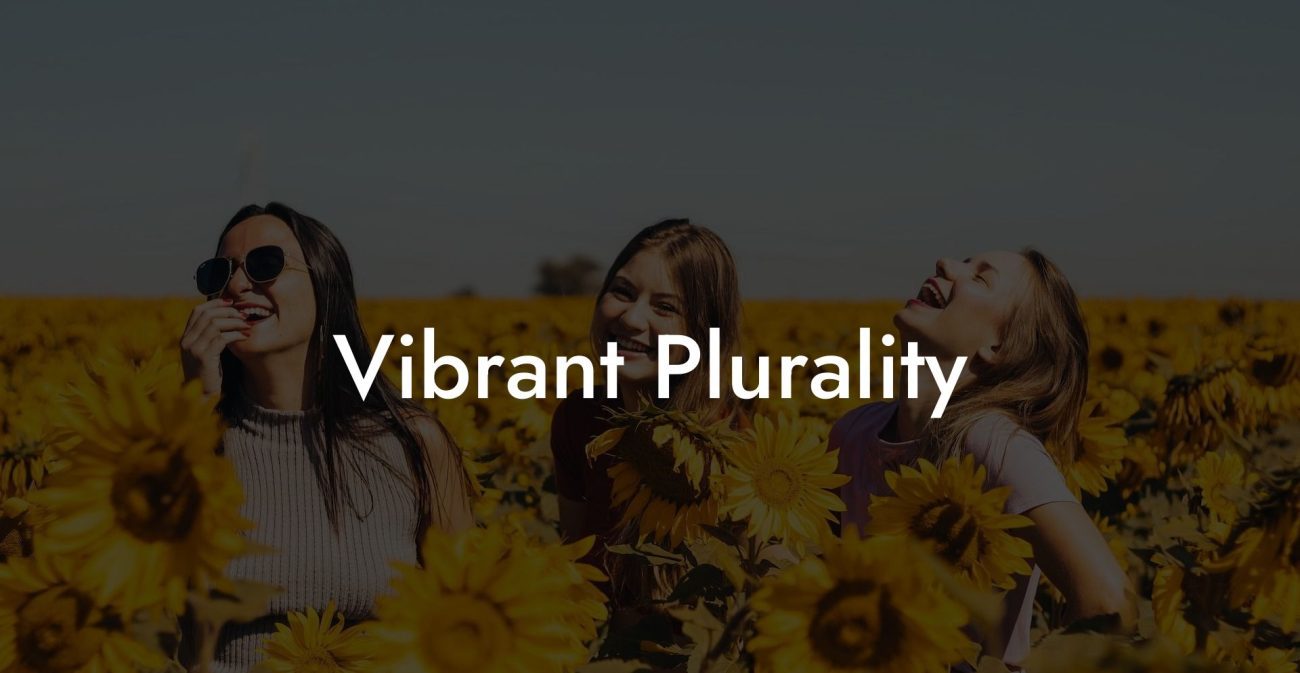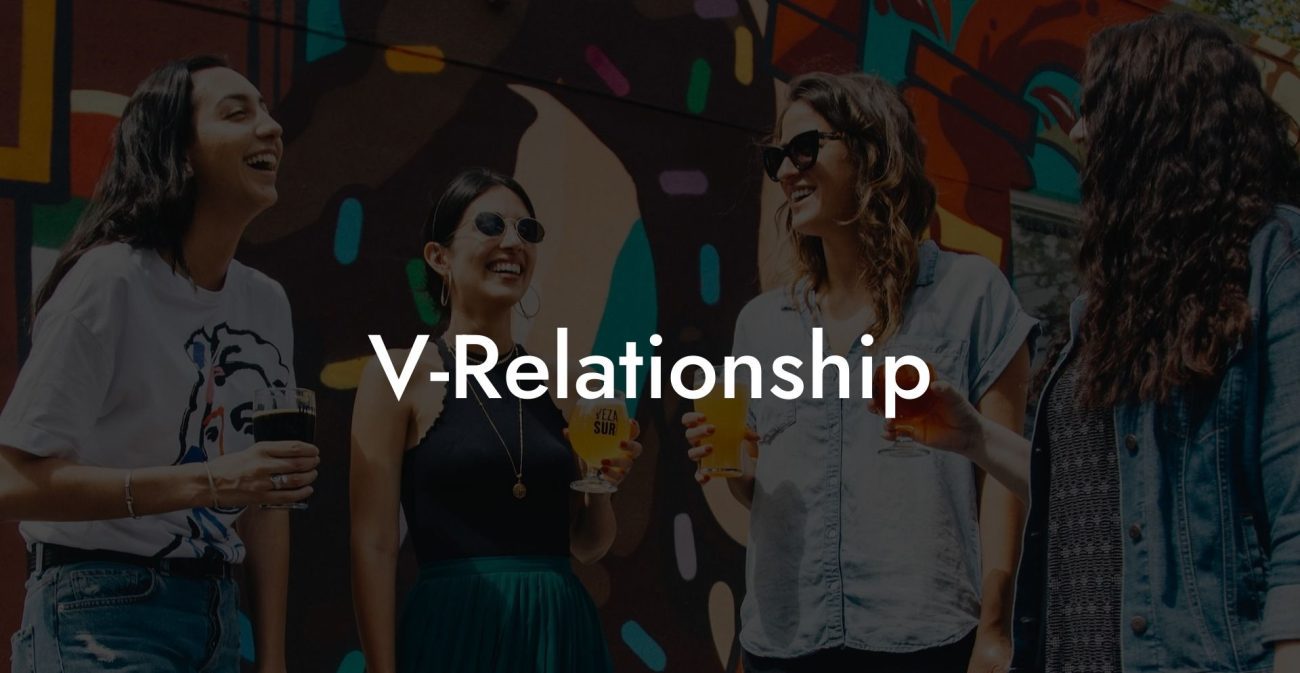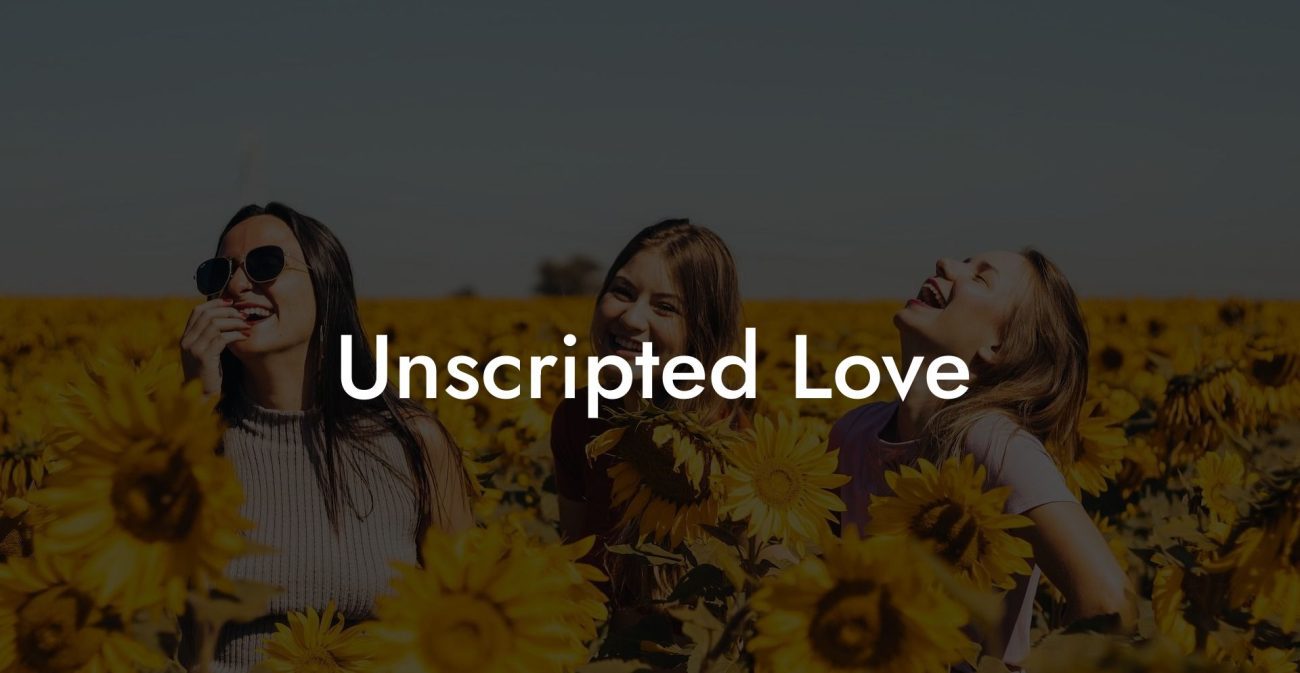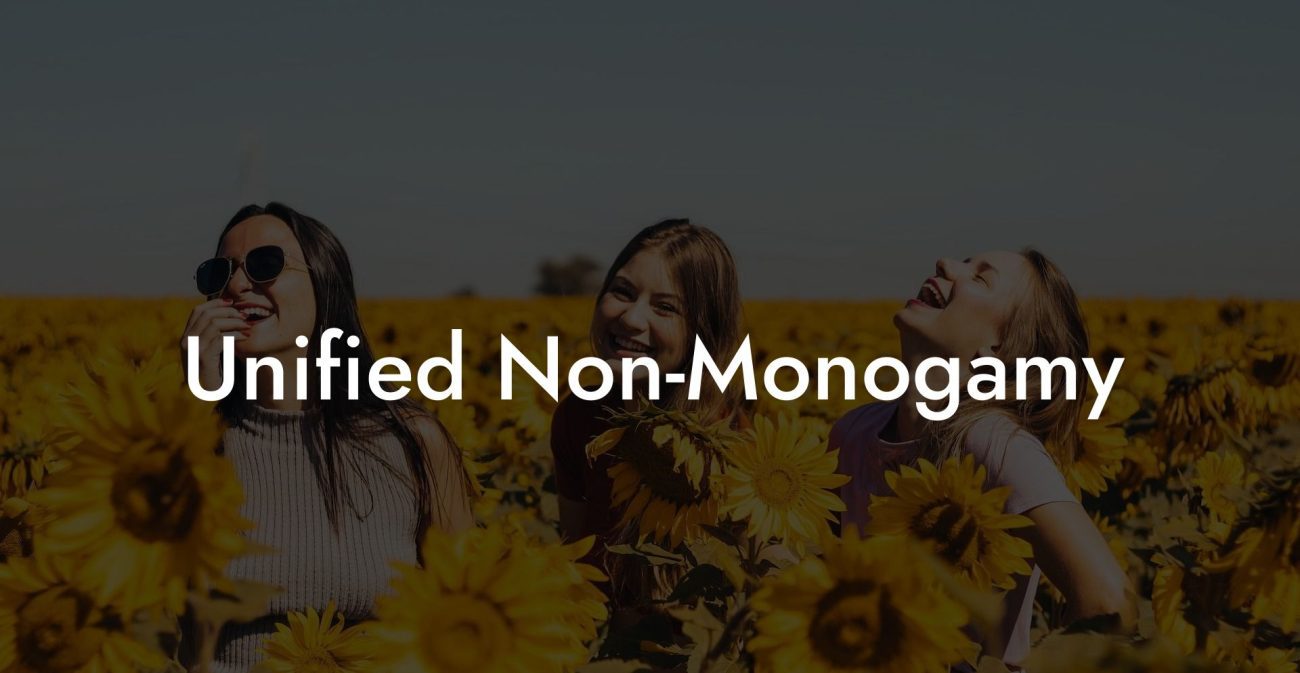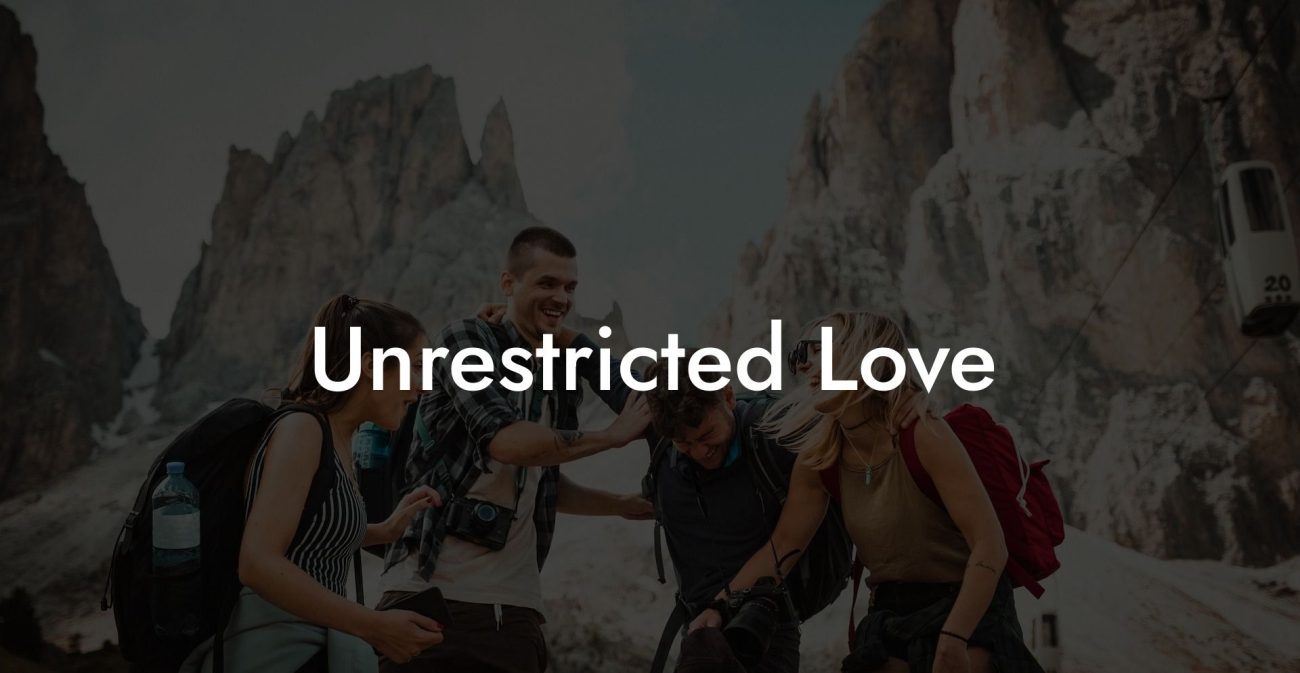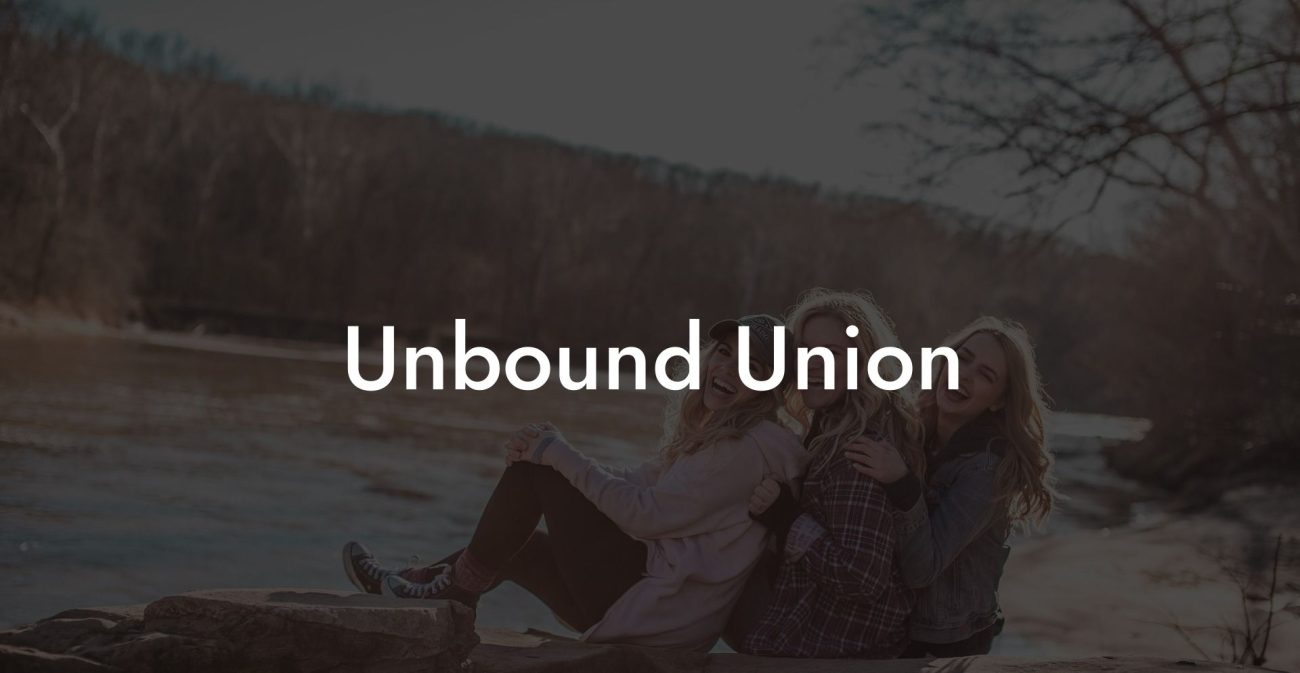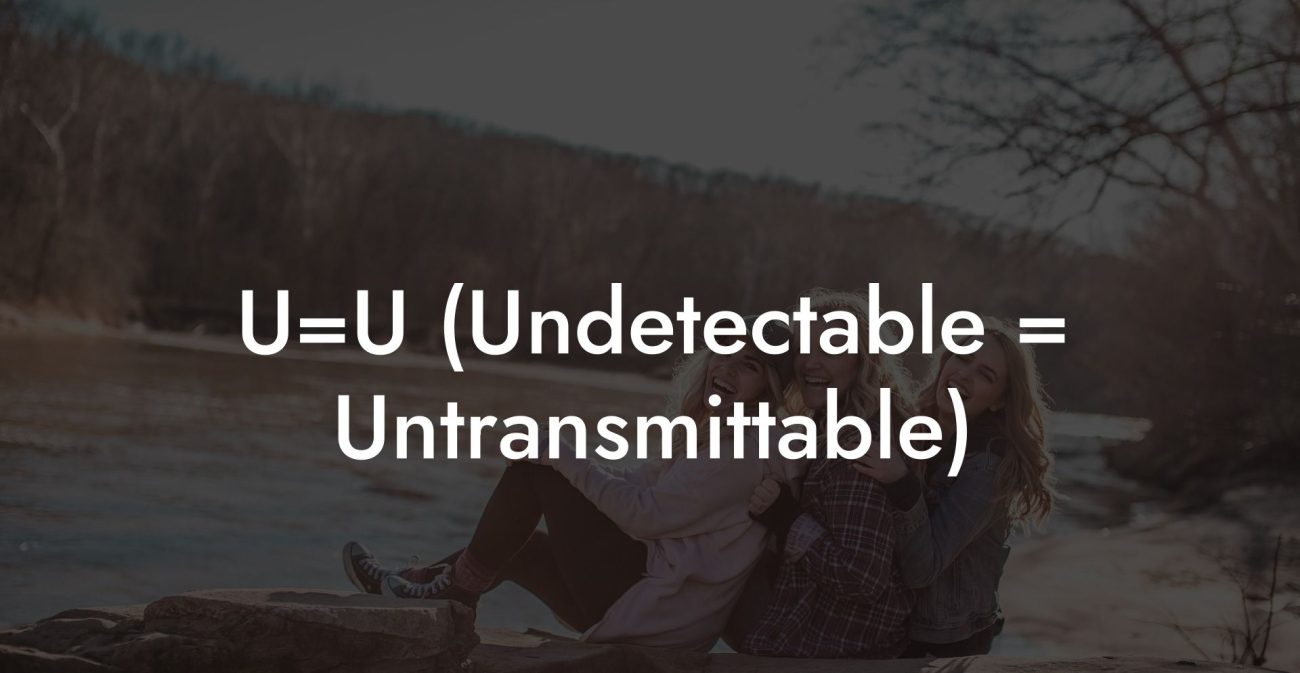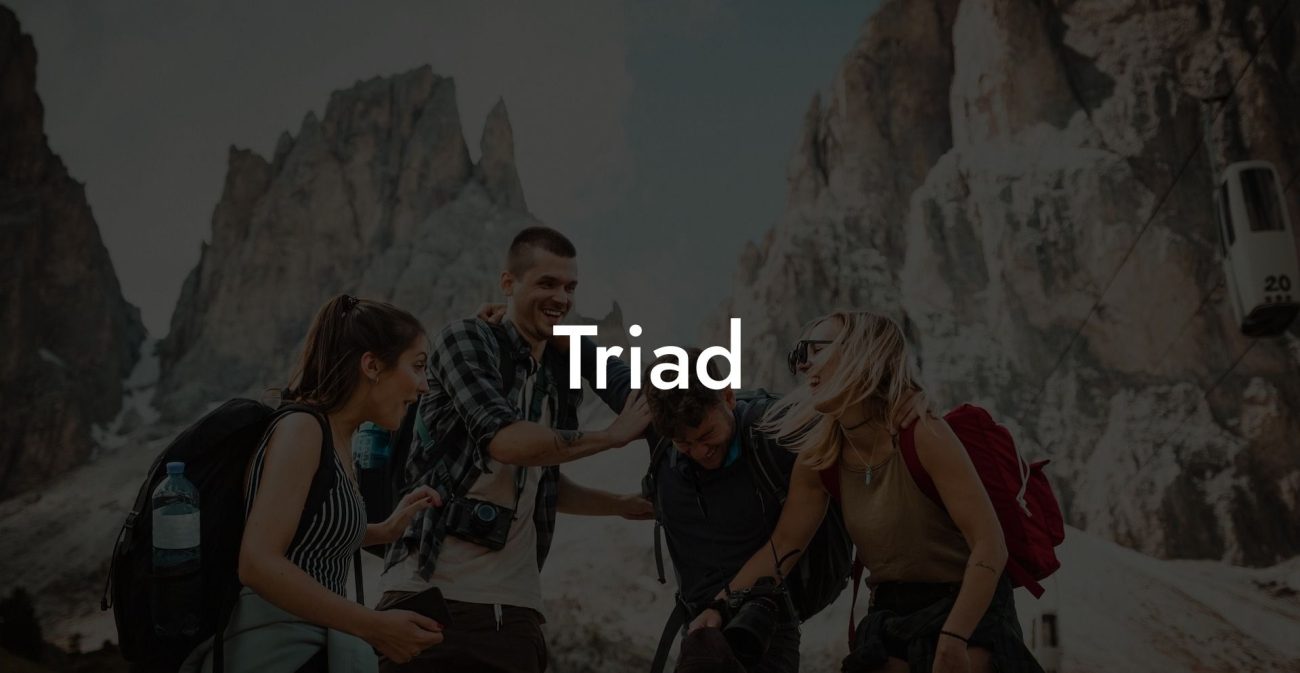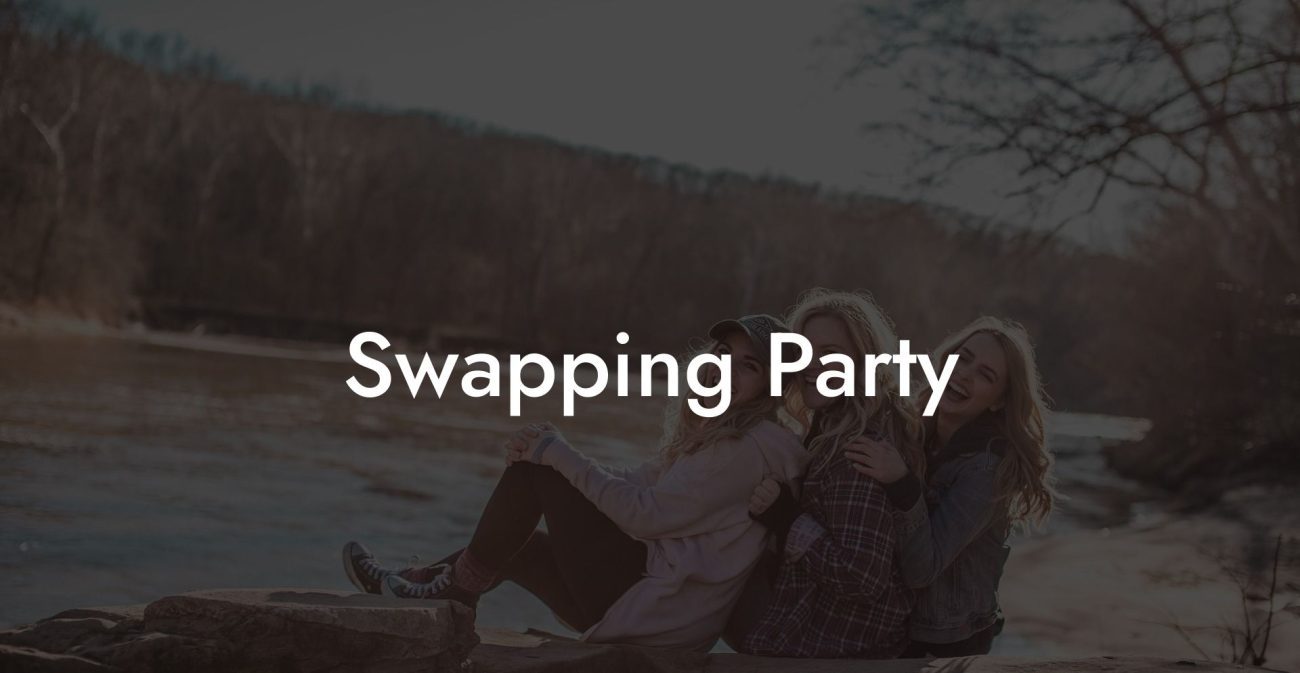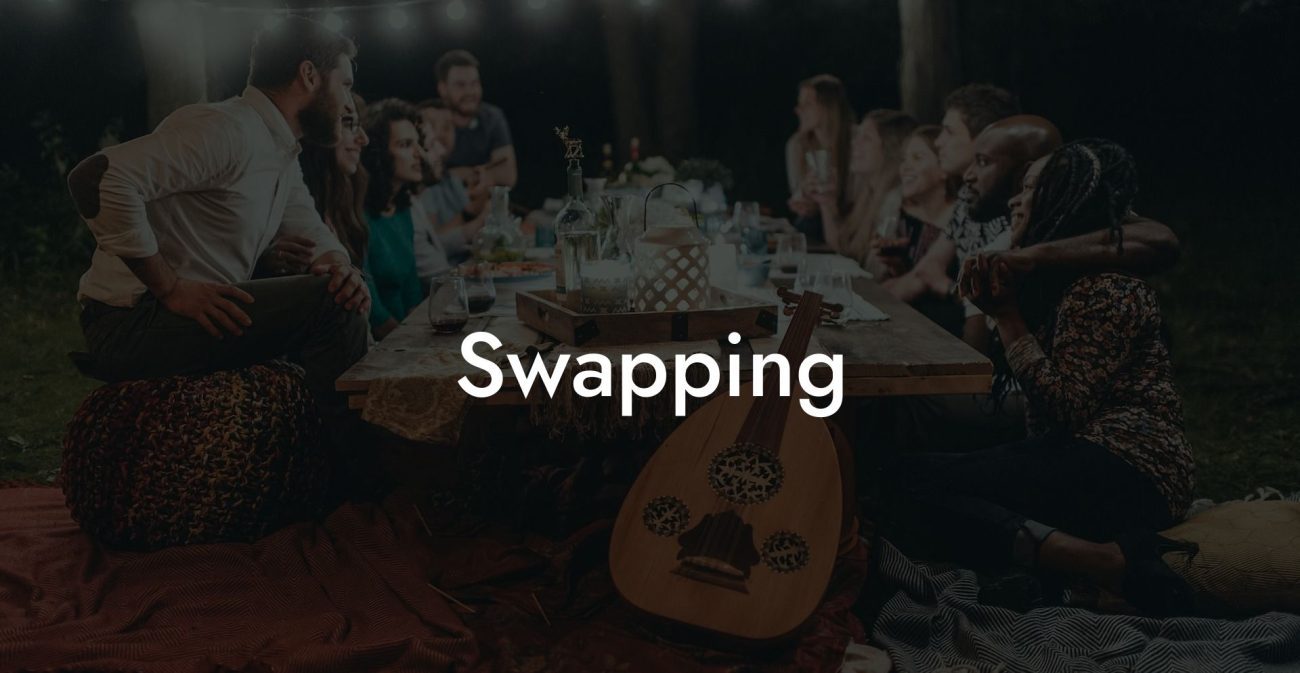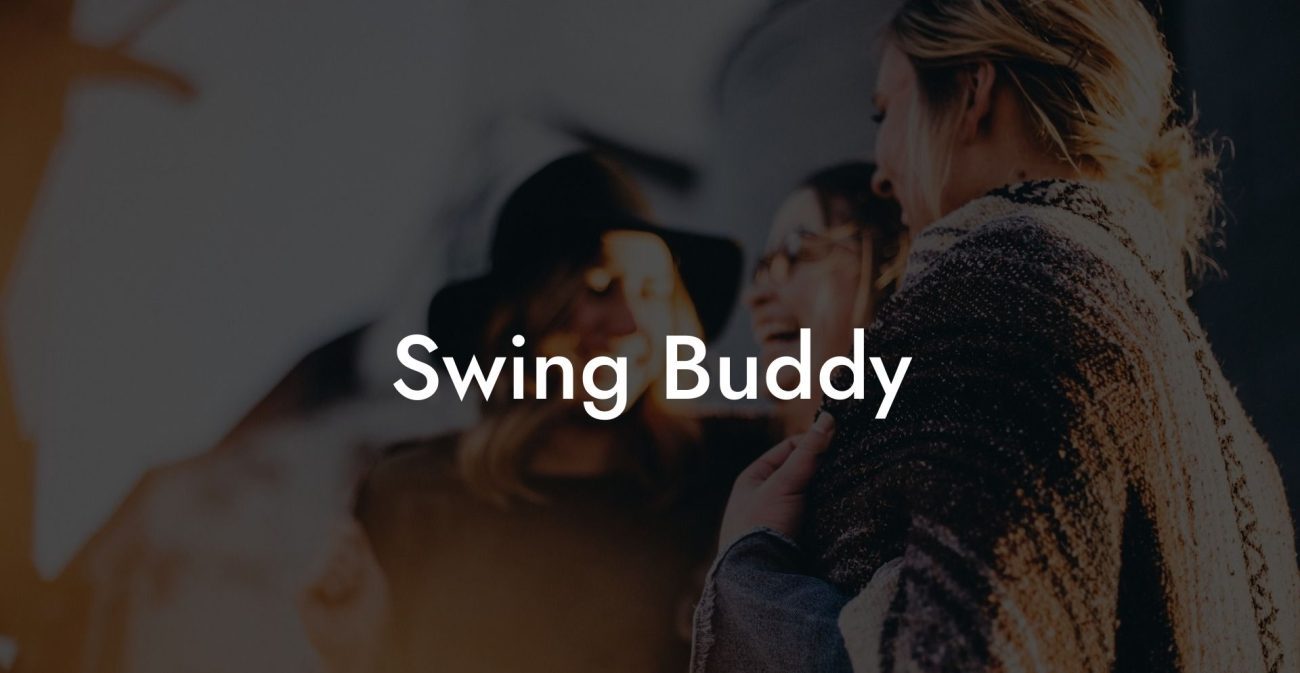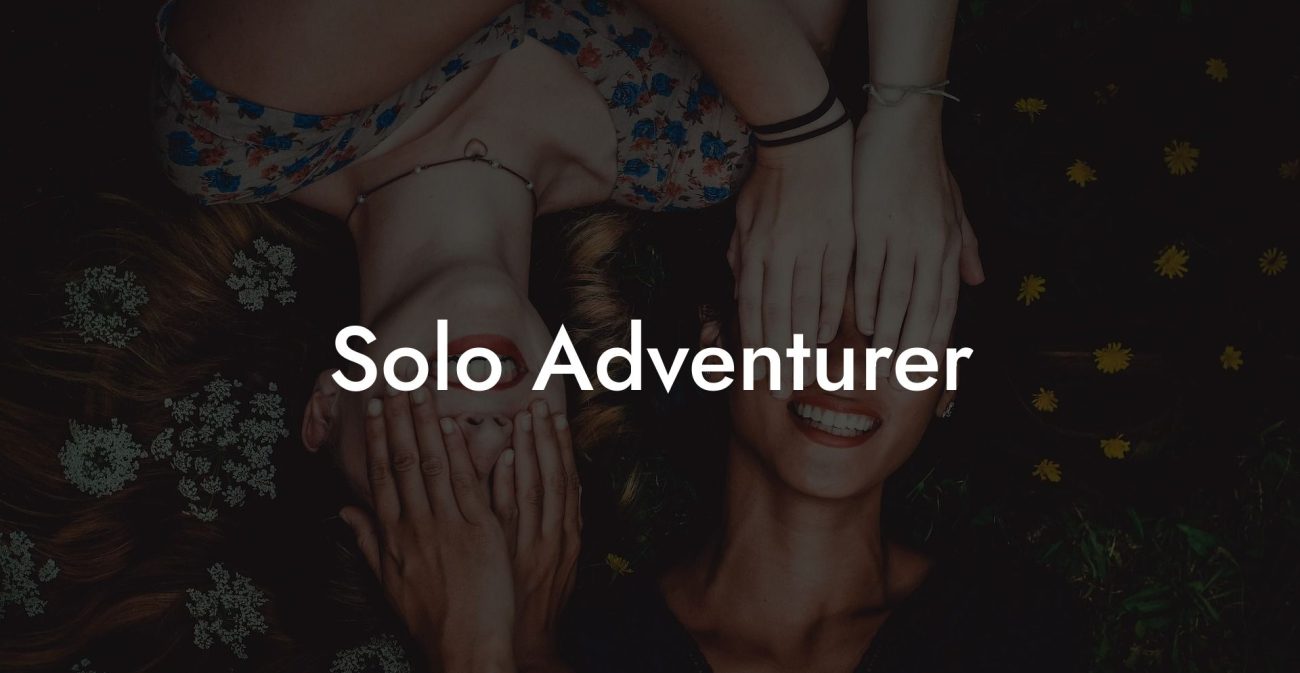Open Exploration
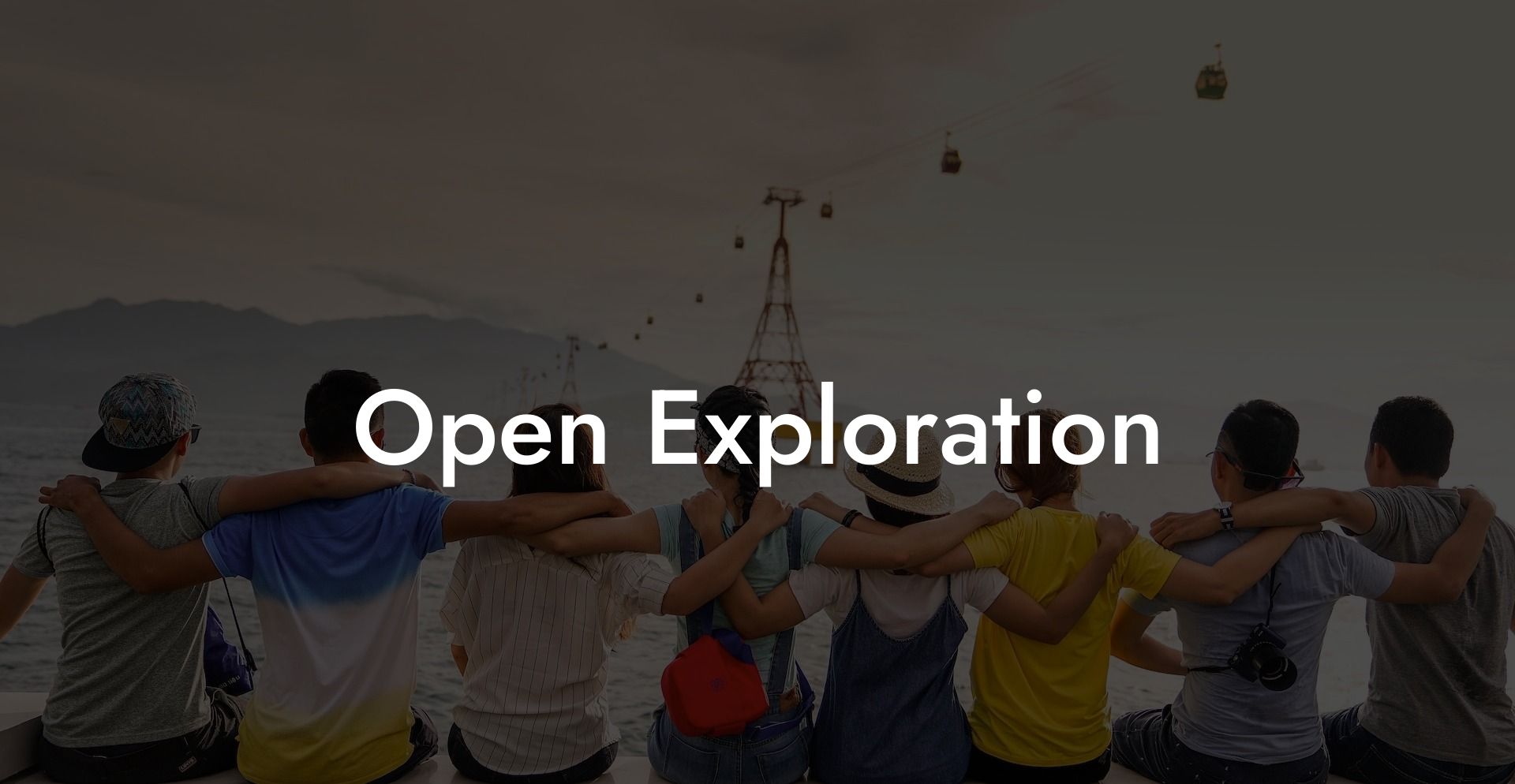
Imagine if your love life were like an endless expedition, where every step is an adventure into new, uncharted territories of intimacy. Welcome to Open Exploration—a bold and liberating concept in ethical non monogamy that encourages you to break free from conventional boundaries and dive headfirst into a world of endless possibilities. In this dynamic framework, every encounter is a chance to discover a new facet of connection, and every conversation opens the door to unimagined depths of love. Get ready to embrace a journey of curiosity, creativity, and continuous discovery where the only limit is the horizon of your own heart.
Have you ever wondered if monogamy is just a stupid little experiment? Open relationships, polyamory, relationship anarchy...find out which relationship dynamic suits you best with our one minute relationship test. See if you are just conforming to "societal norms". Reveal your truth >>
Quick Links to Useful Sections
- The Ethical Non Monogamy Term: Open Exploration
- What Is Open Exploration?
- Core Principles of Open Exploration
- Historical and Cultural Perspectives on Open Exploration
- From Conventional Limits to Boundless Horizons
- Cultural Shifts in Modern Relationship Models
- Everyday Dynamics of Open Exploration
- Embracing the Journey of Discovery
- Integrating Technology for Continuous Connection
- Renegotiating Boundaries in a Dynamic Environment
- Benefits of Embracing Open Exploration
- Expanded Horizons and Deeper Connections
- Personal Growth and Empowerment
- Improved Communication and Conflict Resolution
- Collective Resilience and Community Building
- Challenges of Open Exploration
- Managing Emotional Uncertainty
- Balancing Personal Needs with Collective Dynamics
- Adapting to Continuous Change
- Navigating External Judgment
- Frequently Asked Questions (FAQ)
- Resources and Community Support: Your Next Steps
The Ethical Non Monogamy Term: Open Exploration
What Is Open Exploration?
Open Exploration is a model within ethical non monogamy that champions the idea of venturing into new realms of connection without constraints. It’s about approaching every relationship and encounter with a spirit of curiosity and adventure, free from the fear of judgment or the confines of traditional expectations. In Open Exploration, love is seen as a boundless terrain where you have the freedom to experiment with various forms of intimacy—be they emotional, physical, intellectual, or spiritual.
Rather than adhering to preset rules or predefined relationship structures, Open Exploration empowers you to continually redefine what connection means to you. Whether you’re trying out a new communication technique, engaging in a spontaneous date, or simply opening up about your deepest desires, this approach encourages a mindset where every experience is an opportunity to learn and grow.
Core Principles of Open Exploration
- Curiosity and Adventure: Embrace a mindset of exploration where every interaction is an opportunity to discover something new about yourself and your partners.
- Freedom to Experiment: Enjoy the liberty to try different forms of connection without the pressure to conform to conventional relationship norms.
- Open Communication: Prioritize honest, transparent dialogue to share your needs, set flexible boundaries, and continuously realign your expectations.
- Consent and Safety: Every new venture in open exploration is grounded in clear, enthusiastic consent and an unwavering commitment to the well-being of all involved.
- Adaptive Boundaries: Understand that your limits may shift as you gain new experiences. Regularly renegotiate boundaries to reflect your evolving desires and emotional state.
- Mutual Empowerment: Celebrate the growth of every partner. Recognize that as you explore together, you collectively enhance your capacity for connection and personal empowerment.
- Inclusivity and Acceptance: Embrace diverse perspectives and types of intimacy, knowing that every form of love contributes to the richness of your overall experience.
Historical and Cultural Perspectives on Open Exploration
From Conventional Limits to Boundless Horizons
For much of history, traditional relationship models imposed strict boundaries on whom you could love and how that love was expressed. Monogamy was often seen as the only acceptable form of romantic connection, with deviations considered taboo or even morally wrong. These limitations not only constrained individual expression but also stifled the potential for deeper, more varied forms of intimacy.
The cultural revolutions of the 20th century—the sexual revolution, feminist movements, and the emergence of polyamory—challenged these rigid paradigms. Early advocates of ethical non monogamy began to envision love as a vast landscape, one that could be explored in multiple directions simultaneously. They argued that love should not be restricted to a single path but rather celebrated for its endless potential to evolve and expand. Open Exploration emerged from this shift in perspective, symbolizing the freedom to traverse new emotional territories and the courage to break away from outdated models.
Cultural Shifts in Modern Relationship Models
In today’s digital age, where global connectivity and a diversity of voices are celebrated, the concept of Open Exploration resonates powerfully. Millennials and Gen-Z, in particular, are increasingly rejecting traditional relationship models in favor of more fluid, adaptive forms of connection. Social media, online communities, and relationship podcasts have all contributed to a broader acceptance of ethical non monogamy, making the idea of exploring love without limits both accessible and desirable.
Modern narratives now emphasize that love is not a finite resource to be hoarded, but an ever-expanding force that grows with every new interaction. Open Exploration embodies this philosophy, inviting individuals to embrace a mindset where every encounter is a stepping stone toward greater personal and collective fulfillment.
Everyday Dynamics of Open Exploration
Embracing the Journey of Discovery
Practicing Open Exploration means treating your love life as a journey filled with ongoing discovery. It involves both individual self-reflection and collaborative dialogue with your partners. Every day offers a new opportunity to learn, experiment, and redefine what intimacy means to you.
- Daily Reflection: Start or end your day with moments of introspection—through journaling, meditation, or quiet contemplation—to tune into your emotional state and discover what new aspects of connection you wish to explore.
- Regular Check-Ins: Schedule consistent conversations with your partners to share insights, discuss evolving needs, and renegotiate boundaries. These check-ins are crucial for keeping the exploration dynamic and aligned with everyone’s growth.
- Creative Date Ideas: Experiment with unique, themed dates that challenge conventional norms—whether it’s an art exhibit, an outdoor adventure, or a role-playing scenario. These experiences can spark unexpected insights and foster deeper connections.
- Feedback Sessions: Create a safe space for giving and receiving constructive feedback. Use these sessions to celebrate successes, address challenges, and refine your approach to intimacy.
Integrating Technology for Continuous Connection
In our fast-paced, digitally connected world, technology plays an essential role in supporting Open Exploration. Digital tools can help you maintain continuous dialogue, document your journey, and even facilitate creative collaborations.
- Digital Journals: Use shared digital platforms to log your experiences, allowing you and your partners to reflect on your progress and adjust your approach as needed.
- Communication Apps: Leverage group chats, video calls, and social media to keep the conversation flowing, especially when physical distance is a factor.
- Online Collaboration Tools: Participate in virtual workshops, creative brainstorming sessions, or online courses that enhance your understanding of non traditional intimacy.
Renegotiating Boundaries in a Dynamic Environment
One of the hallmarks of Open Exploration is the ongoing process of renegotiating your relationship boundaries. As you grow and experience new dimensions of intimacy, it’s natural for your needs and limits to shift. Embrace this evolution by:
- Setting Adaptive Boundaries: Understand that your emotional and physical limits may change over time. Be open to adjusting these boundaries in conversation with your partners.
- Creating Feedback Loops: Establish regular opportunities for feedback so that every partner can express how the current boundaries are working and suggest necessary changes.
- Embracing Change: View boundary adjustments not as failures or disruptions, but as natural evolutions in the pursuit of deeper, more authentic connections.
Benefits of Embracing Open Exploration
Expanded Horizons and Deeper Connections
When you practice Open Exploration, you unlock the potential for a richer, more varied love life. Each new connection offers unique insights, adding depth to your overall emotional network.
- Layered Intimacy: Multiple, diverse interactions create a multi-dimensional tapestry of love that is both resilient and enriching.
- Increased Adaptability: Embracing change in your relationships enhances your ability to adapt and grow, both individually and collectively.
Personal Growth and Empowerment
Open Exploration is a journey of self-discovery that empowers you to understand and express your true self. By challenging conventional norms and venturing into new relational territories, you can achieve a higher level of personal fulfillment.
- Enhanced Self-Awareness: Regular introspection helps you uncover your deepest desires, fears, and aspirations, leading to a more authentic expression of love.
- Empowerment Through Experience: Each new encounter builds your confidence and reinforces your autonomy, allowing you to shape your love life on your own terms.
Improved Communication and Conflict Resolution
The proactive, ongoing dialogue required by Open Exploration naturally leads to more effective communication. This, in turn, facilitates smoother conflict resolution and fosters a supportive environment for all.
- Proactive Dialogue: Regular check-ins and honest conversations help to identify and resolve issues before they escalate.
- Empathetic Understanding: Open communication builds mutual empathy, ensuring that every partner feels heard and respected, which greatly aids in resolving conflicts constructively.
Collective Resilience and Community Building
As you open yourself to new experiences and connections, you contribute to a robust, resilient network of relationships. This collective support not only enriches your individual life but also creates a strong community where everyone thrives.
- Shared Support: A diverse network of connections provides multiple layers of support during times of need, reinforcing your emotional resilience.
- Unified Growth: As each relationship evolves, the collective network becomes more adaptive, offering continuous opportunities for shared learning and mutual empowerment.
Challenges of Open Exploration
Managing Emotional Uncertainty
The journey of Open Exploration is filled with unpredictability. New experiences can evoke intense emotions, and not every experiment will yield the expected results. Managing this uncertainty can sometimes be overwhelming.
- Tip: Practice mindfulness and self-reflection to remain grounded during periods of change.
- Tip: Maintain regular, honest dialogue with your partners to navigate any unexpected challenges together.
Balancing Personal Needs with Collective Dynamics
As you explore new dimensions of intimacy, it can be challenging to balance your personal needs with the evolving dynamics of your relationships. Conflicts may arise when individual desires clash with the collective vision.
- Tip: Engage in open, empathetic discussions to negotiate boundaries that respect both your personal autonomy and your commitment to collective growth.
- Tip: Ensure that you schedule regular one-on-one check-ins in addition to group discussions to address personal concerns.
Adapting to Continuous Change
Open Exploration inherently involves ongoing change. As your emotional needs evolve, your relationships must adapt accordingly. This constant evolution can sometimes lead to uncertainty or discomfort.
- Tip: Embrace change as a natural and positive part of your journey, and view each adjustment as an opportunity for growth.
- Tip: Regularly revisit your relationship agreements and be willing to make iterative changes to keep your connections aligned with your current self.
Navigating External Judgment
Despite modern progress in understanding diverse relationship models, external judgment and societal expectations may still challenge your practice of Open Exploration. This can sometimes lead to self-doubt or pressure to conform to more traditional models.
- Tip: Build a supportive community of like-minded individuals who celebrate open, exploratory approaches to love.
- Tip: Focus on the personal growth and enriched connections that come from your explorations, and let external opinions fade into the background.
Frequently Asked Questions (FAQ)
1. What is Open Exploration in ethical non monogamy?
Open Exploration is the practice of venturing into new forms of connection and intimacy with a spirit of curiosity and adventure. It involves actively experimenting with different relational dynamics, communication styles, and boundaries to continually redefine what love means to you.
2. How does Open Exploration differ from traditional relationship models?
Traditional models often prescribe fixed roles and unchanging expectations, while Open Exploration embraces fluidity, constant renegotiation, and the belief that love is an evolving process that can take many forms.
3. What are the core principles of Open Exploration?
Core principles include curiosity, freedom to experiment, open communication, consent and safety, adaptive boundaries, and mutual empowerment.
4. How can I start practicing Open Exploration?
Begin by embracing self-reflection to understand your emotional needs, then engage in honest dialogues with your partners about experimenting with new forms of connection. Set flexible boundaries and schedule regular check-ins to ensure that everyone remains aligned.
5. What benefits does Open Exploration offer?
Benefits include deeper and more varied emotional connections, enhanced personal growth and self-awareness, improved communication and conflict resolution, and the development of a resilient, supportive network.
6. What challenges might I face with Open Exploration?
Challenges can include managing emotional uncertainty, balancing personal needs with group dynamics, adapting to continuous change, and navigating external societal pressures.
7. How important is communication in Open Exploration?
Communication is essential—it ensures that every new experience is discussed openly, that boundaries are renegotiated as needed, and that all partners remain engaged and supportive.
8. Can Open Exploration be applied to both monogamous and non monogamous relationships?
Yes, the principles of Open Exploration are universal and can enhance any relationship model by promoting continuous growth and adaptive connection.
9. How do adaptive boundaries contribute to Open Exploration?
Adaptive boundaries allow your relationships to evolve naturally, ensuring that as your emotional needs change, your connections remain healthy, consensual, and aligned with your current self.
10. What role does self-reflection play in Open Exploration?
Self-reflection is vital—it helps you understand your evolving emotional landscape, track your personal growth, and ensure that your experiments in intimacy are true to your authentic self.
11. How do shared experiences enhance Open Exploration?
Shared experiences add depth and context to your relationships, reinforcing the dynamic nature of your emotional connections and contributing to a richer, more diverse love life.
12. Where can I find additional resources on Open Exploration and ethical non monogamy?
Additional resources include books like The Ethical Slut by Dossie Easton & Janet Hardy, podcasts such as Multiamory, and online communities like r/polyamory that offer insights and support for exploring innovative approaches to intimacy.
Resources and Community Support: Your Next Steps
- The Ethical Slut by Dossie Easton & Janet Hardy – A foundational resource that explores ethical non monogamy and provides practical strategies for embracing Open Exploration.
- Podcasts: Listen to Multiamory and similar podcasts for personal stories, expert advice, and creative ideas on fostering an open, experimental approach to love.
- Online Communities: Join forums like r/polyamory to connect with others, share experiences, and gain support for your journey of Open Exploration.
- Workshops and Webinars: Attend events on relationship psychology, ethical non monogamy, and creative communication to deepen your understanding and expand your support network.
- Therapy and Counseling: Consider professional guidance if you need help managing complex emotions or navigating the evolving dynamics of your relationships.
By engaging with these resources and incorporating the practical strategies outlined in this guide, you can fully embrace Open Exploration as a transformative approach to connection. Celebrate the continuous discovery of your emotional landscape, nurture each new experience, and let your love evolve into a vibrant, ever-changing network of authentic, empowered intimacy.
Lost & confused by all of the terms, types and seemingly made up 3 letter acronyms?? We've got you. Check out our Ethnical Non-Monogamy Dictionary >>
Useful Interruption: Not sure which relationship vibe fits you best? Take our Relationship Test, it’ll give you the real insight into your natural relationship style. Then, dive into our binge-worthy guides (from the tried-and-true to the “wait, that’s a thing?”) and find the perfect relationship type for your life:
- Monogamy
- Open Relationships
- Ethical Non-Monogamy
- Solo Polyamory
- Non-Hierarchical Polyamory
- Hierarchical Polyamory
- Relationship Anarchy
- Swinging
Now back to the main article but yeah take the test...

